EU allocates 200k Euros (NPR 32 Million) to aid drought-affected communities in Madhesh
August 22, Kathmandu: The European Union (EU) has announced €200,000 (over NPR 32 million) in humanitarian funding to support approximately 60,000 people impacted by a severe drought affecting 1.2 million individuals across Nepal, particularly in Madhesh Province.
The aid, channelled through the Nepal Red Cross Society (NRCS) with support from the International Federation of Red Cross and Red Crescent Societies (IFRC), aims to provide critical relief to communities grappling with water shortages.
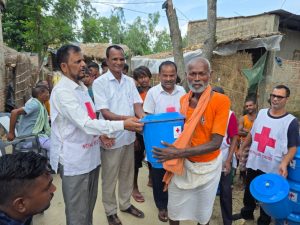
The funding, drawn from the EU’s contribution to the IFRC’s Disaster Response Emergency Fund (DREF), will facilitate essential water, sanitation, and hygiene (WASH) initiatives. These include water trucking, installation of deep tube wells, and health and hygiene programs to address the immediate needs of the affected population.
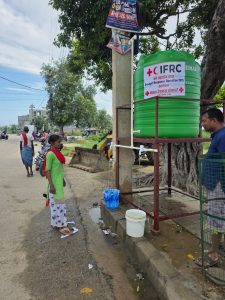
Two and a half months into the monsoon season, Madhesh Province continues to face a severe lack of rainfall, leading to a critical shortage of drinking water. All 136 municipalities in the province have been declared drought-affected, threatening agriculture, sanitation, and livelihoods in Nepal’s primary rice-growing region. The crisis has raised concerns about food security, as the drought jeopardises crop production and exacerbates challenges for local communities.
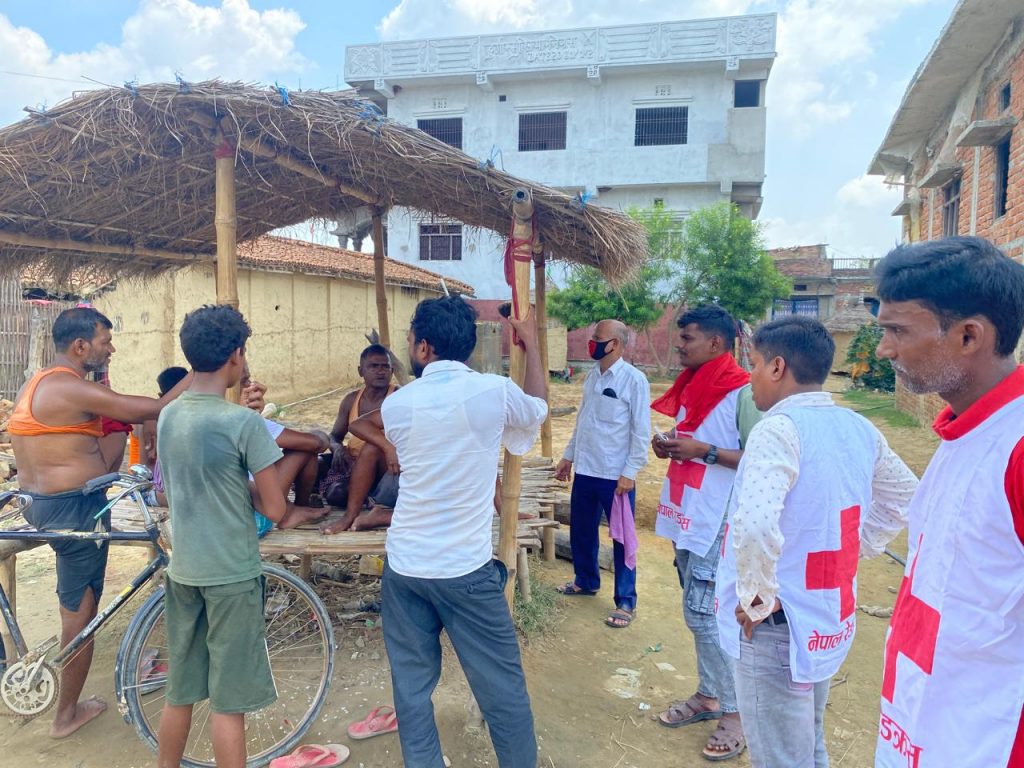
.The EU, a global leader in humanitarian aid, underscores its commitment to solidarity through this initiative. With its Civil Protection and Humanitarian Aid Operations department headquartered in Brussels and a global network of field offices, the EU provides assistance to the most vulnerable populations based on humanitarian needs.

The EU’s €12 million delegation agreement with the IFRC supports the DREF, enabling rapid response to small-scale disasters like the drought in Nepal. According the the Delegation in Nepal, the intervention reflects the EU’s ongoing dedication to alleviating human suffering and safeguarding the dignity of those affected by natural disasters worldwide.
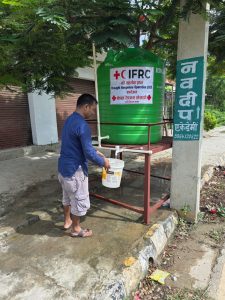




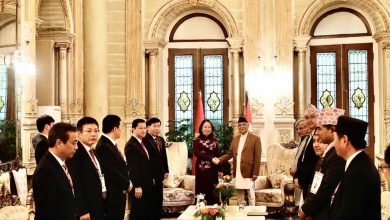

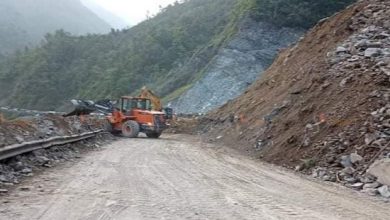
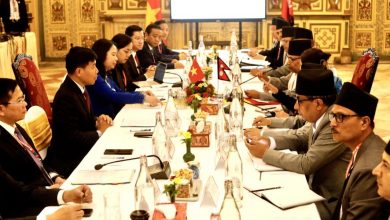
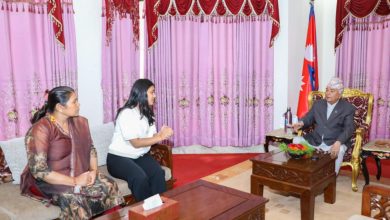
Comments